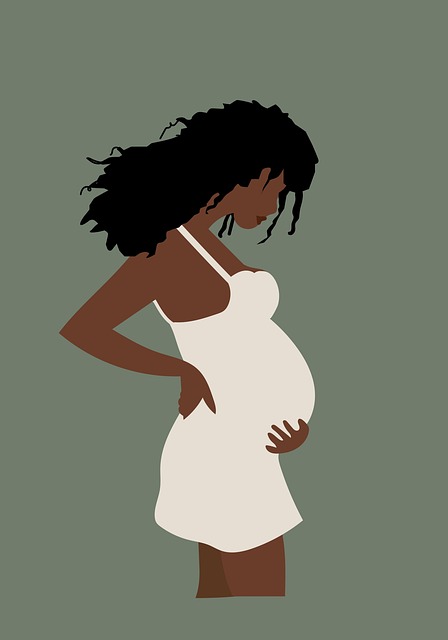Navigating the journey of fertility treatment can be overwhelming, especially when it comes to choosing an egg donor. Every year in the UK, about 12,000 individuals seek assistance using donor eggs or sperm, as noted by the Human Fertility and Embryology Authority (HFEA). Whether you’ve faced challenges with your own eggs or your situation calls for an egg donor from the outset—maybe you’re a solo parent, part of a same-sex couple, or in a co-parenting arrangement—this choice is a significant step toward building your family.
Understanding Egg Donation
Using donor eggs has become a widely accepted method for those who need assistance in starting a family. They are typically utilized when a person’s own eggs are not viable due to various factors like age or medical conditions. The process generally entails selecting a donor, retrieving their eggs, and fertilizing them with sperm to create embryos, which are then transferred to the intended birth parent or a surrogate.
The Process of Choosing an Egg Donor
Here’s a quick rundown of the steps involved in selecting an egg donor:
- Fertility Assessment: You’ll undergo assessments to determine the most effective treatments and whether an egg donor is necessary.
- Medical Screening: Your chosen donor, whether known or from a clinic, will undergo comprehensive medical evaluations.
- Counseling: This ensures all parties have aligned expectations and are comfortable proceeding.
Once these steps are completed, your clinic will initiate the egg collection process, which typically involves syncing menstrual cycles through temporary birth control, unless you’re opting for a frozen embryo transfer. The donor undergoes a partial IVF cycle to stimulate egg production, with the resulting eggs being fertilized in a lab. After a few days of development, embryos are transferred to the intended parent’s or surrogate’s uterus, and any remaining viable embryos can be frozen for future use.
Considerations for Egg Donation
Egg donor eggs can be utilized in various fertility treatments, including:
- In Vitro Fertilization (IVF): The most common approach where eggs are fertilized and embryos are transferred to the womb.
- Intracytoplasmic Sperm Injection (ICSI): A method used primarily when male infertility is a concern.
- Surrogacy: Where embryos created from donor eggs are carried by a surrogate.
Many individuals and couples may benefit from utilizing donor eggs, such as solo parents facing fertility issues, same-sex male couples looking to start a family, or women encountering fertility challenges.
Finding the Right Egg Donor
When searching for an egg donor, licensed fertility clinics or egg banks can help connect you with potential donors. They ensure that all necessary legal and medical protocols are followed, which is crucial for your peace of mind.
You’ll have access to various information about potential donors, including physical traits, medical history, education, and personal interests. Depending on what you’re looking for in a donor, there may be waiting lists, so it’s wise to check for current waiting times at clinics.
When it comes to choosing a donor, it often comes down to intuition. Some people might prefer a donor who resembles them or their partner, but remember, a future child will inherit only 50% of the donor’s DNA—there’s no guarantee they’ll inherit specific characteristics.
Using a Known Donor
Some individuals opt for a known donor—perhaps a friend or family member. While this can foster emotional bonds, it also requires careful thought and communication. Key considerations include:
- Counseling: It’s vital for both parties to discuss expectations and boundaries.
- Medical Screening: The known donor should undergo the same medical assessments as anonymous donors.
- Legal Agreements: Establishing a legal framework is necessary to outline the roles and responsibilities of everyone involved.
If you’re looking to have someone you know donate eggs, your clinic can guide them through the necessary assessments and screenings.
Legal Aspects of Using Donor Eggs
In the UK, the legal parent is always the birthing parent, not the egg donor. Once the child is born, the intended parents are listed on the birth certificate, and the donor holds no legal rights or obligations regarding the child.
Donor Limits
There is a legal limit on the number of families that can be formed using eggs from the same donor—set at ten. This measure helps mitigate the risks associated with genetic relationships among offspring from the same donor.
Conclusion
Choosing an egg donor is a deeply personal and transformative decision. If you have questions or need further guidance, don’t hesitate to reach out to fertility specialists who can provide you with tailored support throughout your journey.
Additional Resources: For more information about pregnancy and home insemination, check out Healthline’s excellent resource. If you’re considering at-home insemination, Make A Mom offers a variety of kits to assist you. And to learn more about pregnancy-related topics, you might find our post on belly button piercings during pregnancy interesting.

